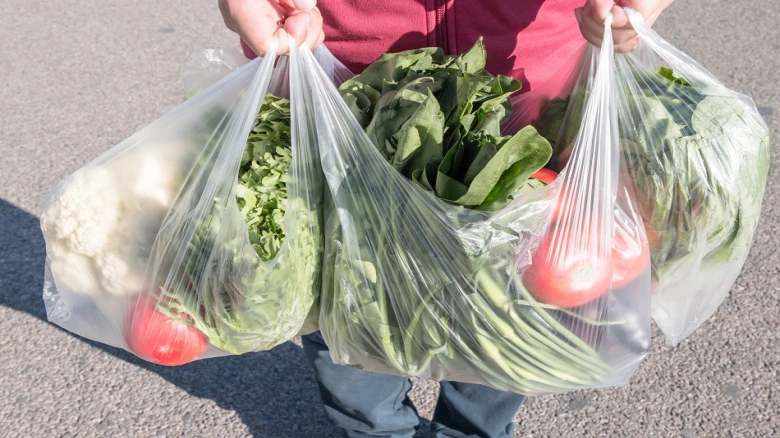On the demand side, e-commerce corporations, leading single-use plastic sellers/users, and plastic raw material manufacturers have been given orders to phase out these items.
Digital Desk: The Central Pollution Control Board (CPCB) said in a statement on Friday that the board is gearing up for the phase-out of several single-use plastic items by June 30.
Notably, from July 1, 2022, the Plastic Waste Management (Amended) Rules, 2021, which were notified in August 2021, restrict the manufacturing, import, stocking, distribution, sale, and use of a number of single-use plastic items with low usefulness and high littering potential.
Earbuds with plastic sticks, plastic sticks for balloons, plastic flags, candy sticks, ice-cream sticks, polystyrene [thermocol] for decoration, plates, cups, glasses, cutlery such as forks, spoons, knives, straws, trays, wrapping or packing films around sweet boxes, invitation cards, and cigarette packets, plastic or PVC banners less than 100 microns, stirrers, and so on are examples of these items.
With effect from September 30, 2021, the manufacturing, import, stocking, distribution, sale, and use of carrying bags manufactured of virgin or recycled plastic less than 75 microns has been forbidden, as opposed to the 50 microns proposed before under the PWM Rules, 2016.
According to a statement released by the CPCB on Friday, orders have been made at the national, state, and municipal levels to guarantee that the listed single-use items are phased out completely by June 30.
"We've already told state pollution control boards that industries who don't follow the rules would have their operating permits revoked." If they desire to go over to produce other items that are allowed, licences can be diversified for various industries. Many individuals work in this area informally, so we need to evaluate how quickly everyone can transition, "said CPCB member-secretary Prashant Gargava.
According to a statement released by the CPCB, all major petrochemical companies have been told not to give plastic raw materials to companies that make single-use plastic items.
In addition, state pollution control boards and pollution control committees have been given instructions to alter or revoke consent to operate issued under the Air/Water Act to enterprises that produce these commodities.
The CPCB has also urged the Customs Authority to halt the import of single-use plastic (SUP) items that have been banned. If entities are found to be selling forbidden SUP items, local authorities have been directed to issue new business licences with the proviso that SUP items will not be sold on their premises, and current commercial licences will be cancelled.
On the demand side, e-commerce corporations, leading single-use plastic sellers/users, and plastic raw material manufacturers have been given orders to phase out these items.
SPCBs and local governments are organising large-scale public awareness campaigns, including all people—students, volunteers, self-help groups, RWAs, market associations, and so on.
"This is a positive step that will allow alternative micro, small, and medium companies (MSME) to switch to more readily available alternatives." Only when alternatives are widely available and people are aware of them will the ban be successful.
Simultaneously, a greater emphasis must be placed on social engineering, which includes local groups, RWAs, NGOs, co-operatives, and so on, as well as systems for proper disposal of these alternatives; we want to eliminate SUPs but not create another stream of waste.
For example, biodegradable plastics should be sorted separately and collected separately from recyclable plastics, according to Swati Singh Sambyal, an independent Delhi-based management expert.

Leave A Comment